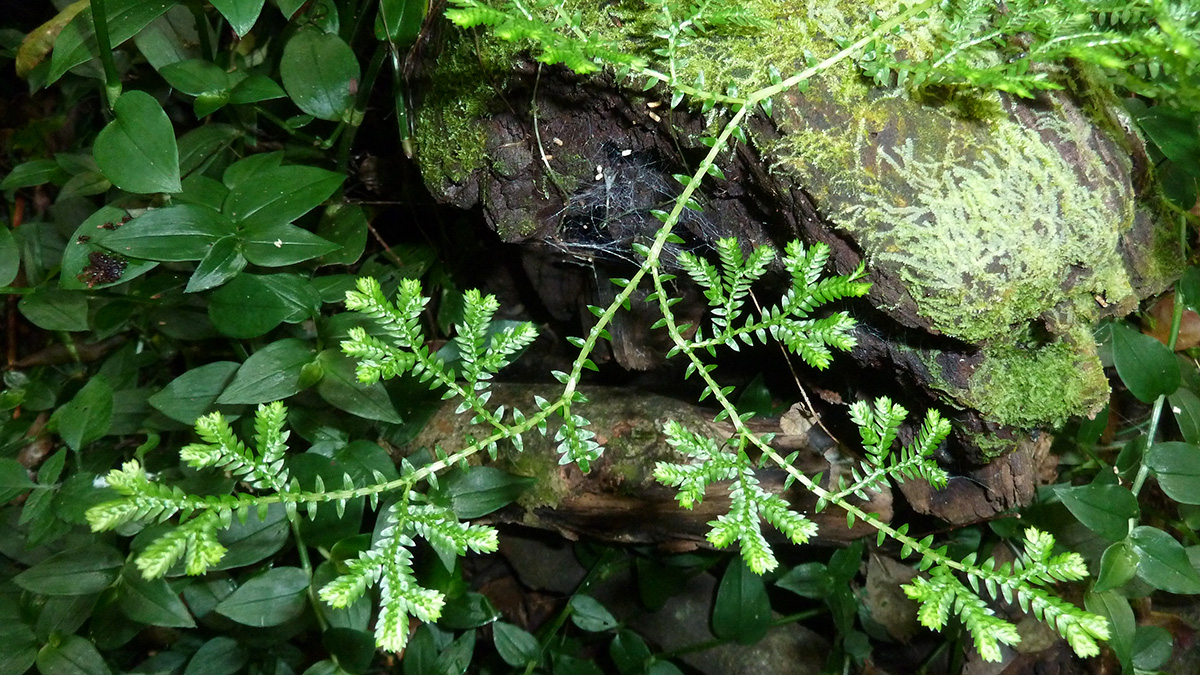Kelp is a habitat, a carbon sink, and a binding agent in your ice cream. But new research shows that California’s kelp forests are affected by the fate of their counterparts on land.
biogeosciences
Even Treated Sewage Harms Freshwater Ecosystems
In a controlled experiment, researchers diverted wastewater from an advanced treatment facility into a healthy stream and monitored the unfolding ecological effects.
How Llama Poop Is Helping an Andean Community Adapt to Melting Glaciers
Reintroducing these animals can enrich barren soils and potentially reduce water contamination, a study shows.
Arctic Warming Triggers Abrupt Ecosystem Shift in North America’s Deepest Lake
Great Slave Lake’s huge cold water mass shielded it from impacts of the rapidly warming climate—until now.
South American Rainforests Are on the Brink of Becoming Carbon Sources
Plants’ ability to stock carbon ceased during the 2015–2016 El Niño, as temperatures skyrocketed and trees died.
Arctic Ice Loss Could Shorten Winter Feeding Time for Zooplankton
The Arctic’s thinning sea ice allows more light to penetrate deeper into the ocean, holding zooplankton far beneath the surface.
Our Evolving Understanding of Biological Carbon Export
The array of processes and organisms that make up the biological carbon pump has immense influence on Earth’s carbon cycle and climate. But there’s still much to learn about how the pump works.
Winds Clear Sea Ice Through Fertile Arctic Waters
The North Water polynya might not be as dependent on a sea ice bridge as previously thought, but not everyone is convinced.
Certaines plantes laissent une empreinte digitale chimique sur un gaz qui appauvrit la couche d’ozone
Une nouvelle étude, la première dans son genre, suggère qu’il serait possible de recourir à une analyse isotopique pour localiser les sources et les puits de chlorométhane dans l’atmosphère.
Farming Is Intensifying Floods in the South American Plains
The replacement of native vegetation by crops has raised groundwater levels in the Pampas, a new study suggests.










